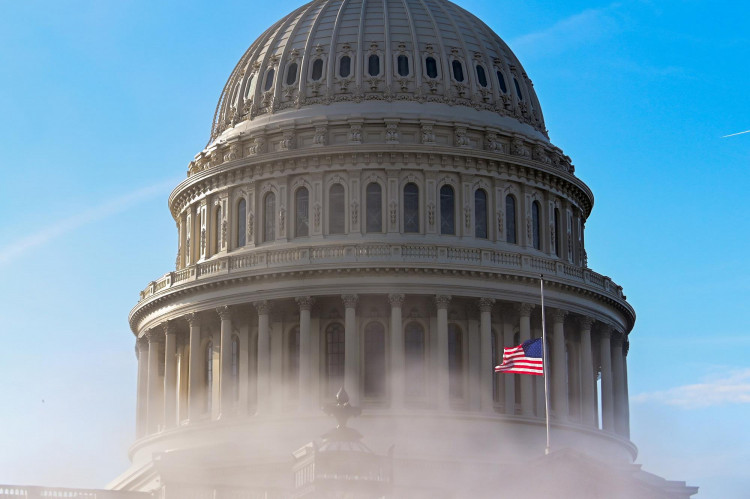In a significant legislative achievement, the U.S. Congress has passed the National Defense Authorization Act (NDAA) for fiscal year 2024, authorizing a record $886 billion in military spending. The bill, which now awaits President Joe Biden's signature, represents a 3% increase from last year and marks the 63rd consecutive year Congress has passed an NDAA.
The NDAA, stretching nearly 3,100 pages, garnered broad bipartisan support, with the House of Representatives voting 310 to 118 in favor. This strong endorsement from both Republicans and Democrats underlines the bill's importance in setting the policy agenda for the Department of Defense and the U.S. military. However, it is distinct from appropriations bills that allocate government spending levels.
One of the bill's key features is a significant 5.2% pay raise for service members, the largest in over two decades. This move is part of a broader effort to enhance the well-being of military personnel and their families, which includes adjustments to housing allowances and increased funding for family housing and barracks construction.
The NDAA also addresses several global strategic concerns. It extends support for the Ukraine Security Assistance Initiative through 2026, authorizing $300 million each for the current and next fiscal year. This program is pivotal in aiding Ukraine amid its ongoing conflict with Russia. However, a separate $61 billion emergency funding request for Ukraine, proposed by President Biden, remains stalled in Congress due to Republican demands for stricter immigration laws.
Another critical aspect of the NDAA is its focus on the Indo-Pacific region. The bill authorizes $14.7 billion for the Pacific Deterrence Initiative and initiates several measures to counter Chinese aggression. It includes provisions for training and advising Taiwan's military forces and facilitating the AUKUS agreement, which involves the sale of nuclear-capable submarines to Australia.
Notably, the final version of the NDAA sidesteps contentious social issues, such as restrictions on abortion access and transgender health care in the military, which were present in earlier drafts. Instead, the bill incorporates measures aimed at "ending wokeness in the military." These include prohibiting funding for critical race theory teaching and the display of unapproved flags, like the LGBTQ pride flag, at military installations.
The bill also addresses domestic surveillance concerns by extending Section 702 of the Foreign Intelligence Surveillance Act (FISA) for four months. This provision allows for warrantless surveillance of foreign nationals using U.S.-based communication services. While this has raised privacy concerns, supporters argue that it's crucial for national security.
In summary, the passage of the NDAA reflects a significant bipartisan effort to address both domestic and international defense priorities. As it moves to the President for approval, the NDAA underscores the ongoing commitment of the U.S. government to bolster its military capabilities and address evolving global challenges.




